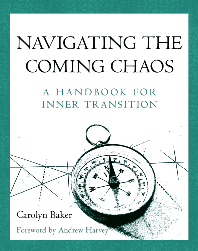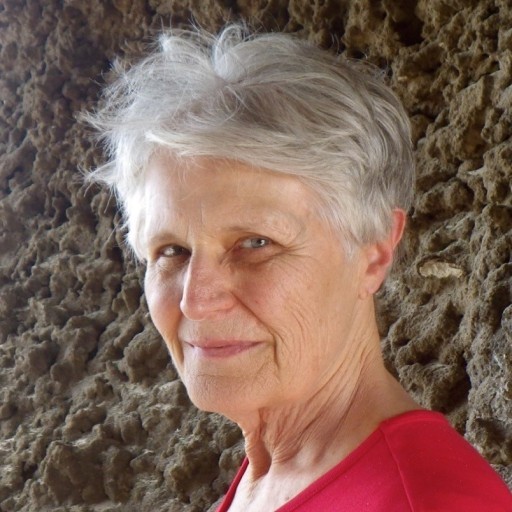
Jul 25, 2011 | Economic Meltdown
The debt ceiling is a legal cap on the amount of money the Treasury can borrow to fund existing government functions. It essentially authorizes the Treasury to borrow the money necessary to pay the bills incurred by the federal government.

Jul 21, 2011 | Economic Meltdown, Options/ New Paradigm
We have lived in an Age of Separation. One by one, our bonds to community, nature, and place have dissolved, marooning us in an alien world. The loss of these bonds is more than a reduction of our wealth, it is a reduction of our very being. The impoverishment we feel, cut off from community and cut off from nature, is an impoverishment of our souls. That is because, contrary to the assumptions of economics, biology, political philosophy, psychology, and institutional religion, we are not in essence separate beings having relationships. We are relationship.

Jun 30, 2011 | Economic Meltdown
My intention is that by identifying the core features of the economics of Separation, we may be empowered to envision an economics of Reunion, an economics that restores to wholeness our fractured communities, relationships, cultures, ecosystems, and planet. – The second installment from Sacred Economics: Money, Gift, and Society in the Age of Transition.

Jun 14, 2011 | Economic Meltdown
So what’s the alternative to slashing government programs, budget cutting, and more concentrated wealth at the top? The centerpiece of a new approach is to re-structure the labor market by reducing hours of work. That may seem counter-intuitive in a period when the mainstream message is that we are poorer than ever and have to work harder. But the historical record suggests it’s a smart move that will create what economists call a triple dividend: three positive outcomes from one policy innovation.

Apr 13, 2011 | Economic Meltdown
“Our economy is in a severe state,” BOJ Governor Masaaki Shirakawa told lawmakers on Tuesday.

Apr 9, 2011 | Economic Meltdown
As powerful as Wall Street appears to be, its abuse of power has so eroded the economic, social, and environmental foundations of its own existence that its fate is sealed.

Feb 23, 2011 | Collapse of Industrial Civilization
[Well you heard it from me and from Mike Ruppert in his “Collapse” book and movie. We told you that 1) There never was a “recovery,” and 2) We told you that another spike in oil prices would be a lethal body blow to an already-collapsing civilization. So here we are—and the only way from here is further down.–CB]

Jan 11, 2011 | Carolyn's Articles
In the deepest sense Navigating The Coming Chaos is a handbook for midwifing the birth that is struggling to be embodied through the great death that is erupting, and like any authentic handbook of sacred midwifery, it is at once stringently unsentimental in its facing of the gritty and grueling process of birth, and loving and joyful in its depiction of what could be possible.
Foreword By Andrew Harvey, author of The Hope: A Guide To Sacred

Jan 9, 2011 | Feature Articles
[In spite of how the media spins this tragedy, let’s keep the bigger picture in mind.–CB] ORIGINAL ARTICLE January 9, 2011, 10:30 AM PST (Culver City) — The shooting yesterday of Congresswoman Gabrielle Giffords (D, AZ) which also resulted in the...









